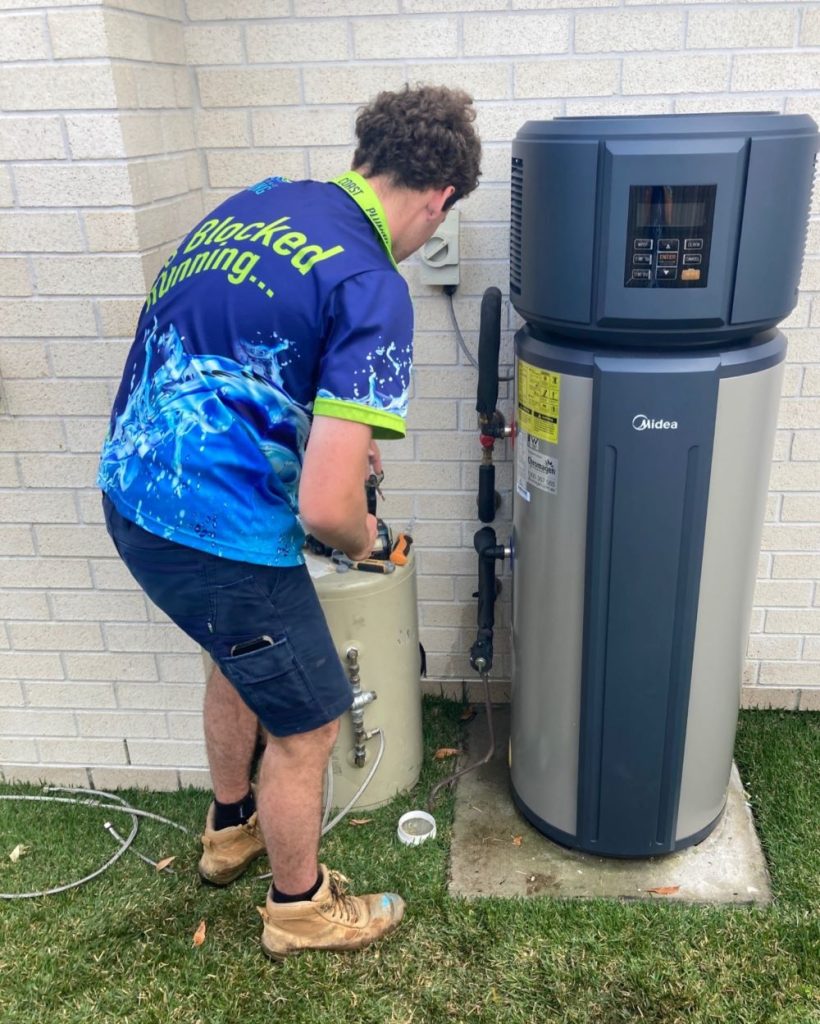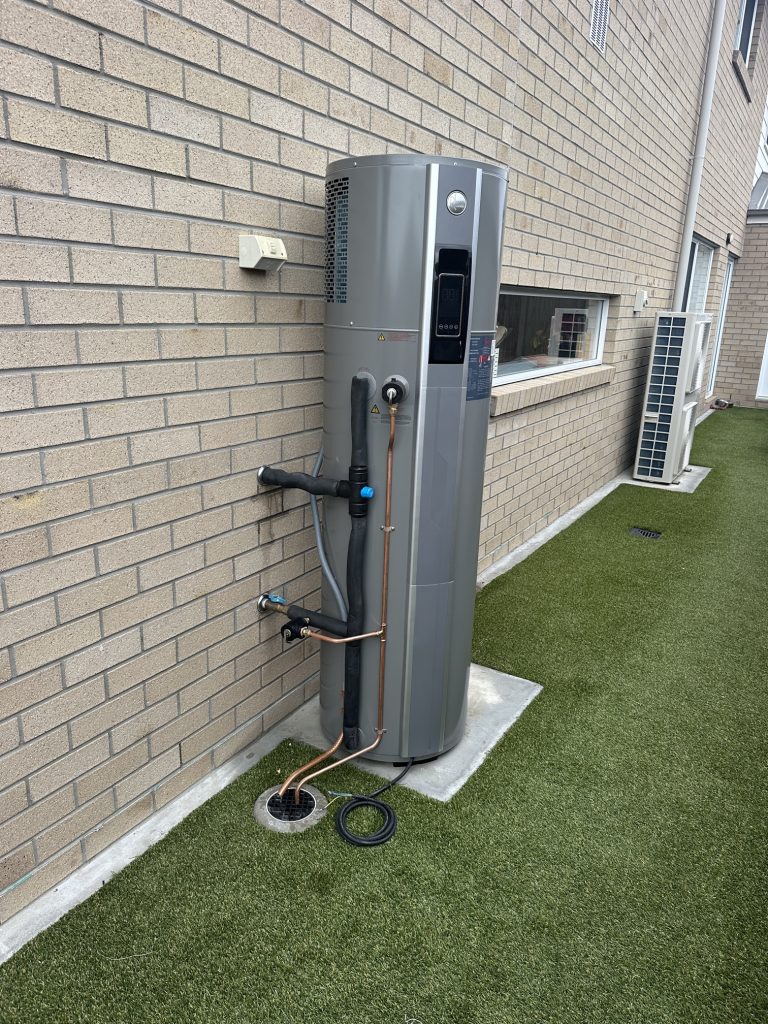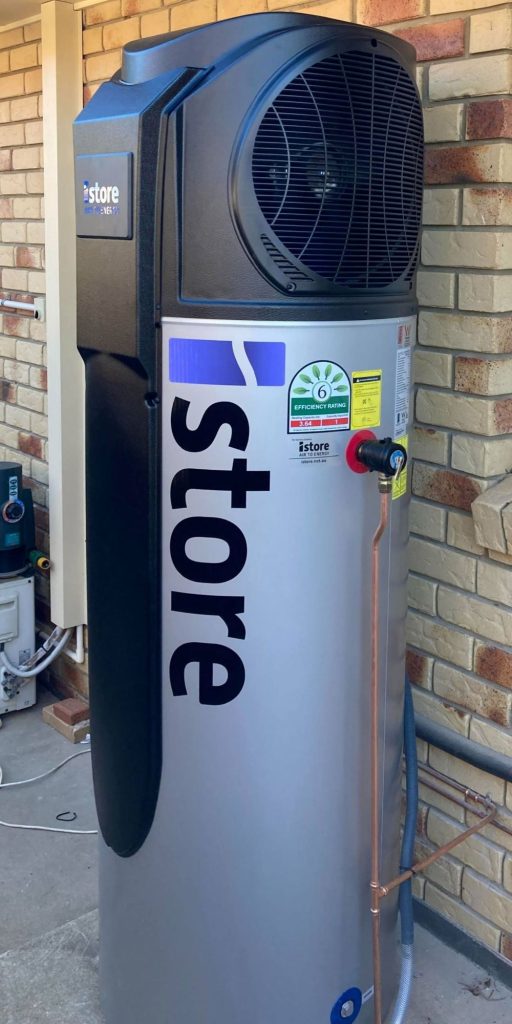Understanding the Unique Challenges of Selecting Hot Water Systems in Queensland's Climate
Finding the ideal hot water system for your home in Queensland requires more than just picking a reputable brand or considering the water capacity. It necessitates a thorough analysis of various elements, including the local climate, humidity levels, electricity tariffs, and the daily water consumption of your household. Given the increasing energy prices, many homeowners are turning to heat pumps for their energy efficiency and eco-friendliness. However, it's important to note that these systems may not be universally suitable for every type of property. Therefore, assessing all relevant factors before making a decision is vital to ensure optimal performance and longevity of your hot water solution.
This article delves into the operation of heat pumps within Queensland’s varied weather patterns, identifies which types of homes can maximise these advanced systems, and clarifies widespread misconceptions that may lead to subpar performance or incorrect system selections.

Enhancing Heat Pump Efficiency in Coastal Queensland Settings
Heat pump water heaters function by extracting thermal energy from the surrounding air. Their operational efficiency sees a marked improvement as air temperatures rise. In the coastal regions of Queensland, particularly in sought-after destinations like the Sunshine Coast, Brisbane, and the Fraser Coast, average air temperatures routinely remain above 5°C, even during winter. This consistent warmth enables heat pumps to operate efficiently all year long, negating the need for electric boosting or supplementary heating elements, which are often required in cooler climates. By harnessing this natural energy, homeowners can enjoy reduced energy bills and a smaller carbon footprint.
Essential Environmental Factors that Enhance Heat Pump Performance
| Factor | Impact on Heat Pump Functionality | Coastal QLD Efficiency |
|---|---|---|
| Average ambient temperature | Higher = more efficient operation | ✓ Consistently maintained above 5°C |
| Humidity levels | Moderate improvements | ✓ Generally high and stable |
| Access to off-peak electricity | Lower operational costs | ✓ Widely available in most regions |
| Roof shading | Not a significant factor | ✓ No detrimental impact on system |
| Direct sunlight exposure | Not a necessity | ✓ Functions well in shaded conditions |
Identifying Conditions Where Heat Pumps May Underperform
Despite the numerous advantages that heat pumps offer, there are specific scenarios in Queensland where their performance may not meet expectations:
- Inland or elevated areas
In regions such as Toowoomba or the Hinterland, nighttime temperatures can drop significantly during winter months. In these situations, certain models of heat pumps may find it challenging to maintain optimal efficiency without the support of a booster element, resulting in higher energy consumption and costs. - Constrained or poorly ventilated outdoor locations
Heat pumps require ample airflow around their compressor units to function efficiently. In tight or enclosed environments, the effectiveness of heat extraction may decline, and operational noise could increase, potentially causing disturbances for residents. - Large households with high water demand
In homes with more than six occupants, systems designed for increased water storage or faster recovery times, such as solar-boosted gas solutions, may be more beneficial for efficiently meeting substantial hot water requirements.
Dispelling Myths About Heat Pumps in Queensland
“They become ineffective during winter.”
This misconception may hold true for colder southern regions; however, it does not apply to Queensland. In areas where average temperatures consistently exceed 5°C, heat pumps retain their efficiency throughout winter, providing dependable hot water solutions even in the cooler months.
“Solar panels are necessary for heat pumps to work.”
This claim is misleading. While heat pumps can function independently of solar photovoltaic (PV) systems, pairing them with solar energy can indeed amplify your energy savings and contribute to sustainability.
“Heat pumps are excessively noisy and disruptive.”
Contemporary heat pump systems are designed to operate much more quietly than older models. When installed properly in well-ventilated areas, the noise generated by the compressor unit is generally minimal, ensuring comfortable living conditions.
Effective Strategies for Optimising Heat Pump Installation and Performance in Queensland
- Select a system specifically designed for Australian conditions
Choose models that feature high-efficiency ratings and dependable local support, such as istore or Stiebel Eltron, which are renowned for their performance in the Australian climate. - Install in a well-ventilated yet shaded location
While heat pumps do not require direct sunlight, they need sufficient airflow around the unit to operate efficiently and effectively. - Utilise timers or smart controls
By programming the system to function during solar power generation times or off-peak electricity hours, you can significantly enhance energy savings and minimise costs. - Ensure proper sizing of your system
A capacity of 250–300 litres is generally adequate for the needs of most households. An undersized system can lead to performance issues and a reliance on boosting mechanisms, which in turn increases energy consumption.
The Crucial Importance of Local Expertise in Achieving Successful Heat Pump Installations
The installation of a heat pump calls for a tailored approach to achieve optimal results. The best outcomes are realised by partnering with a local plumber who possesses expertise in:
- Performance tailored to local climate conditions, ensuring maximum efficiency
- Eligibility for rebates such as Small-scale Technology Certificates (STCs) and various Queensland government incentives designed to promote energy efficiency
- Optimal placement and ventilation strategies for the unit to boost performance
- Integration with solar PV systems or battery storage solutions, if applicable, to maximise energy efficiency
At Creek to Coast Plumbing, we specialise in supplying and installing high-performance hot water systems, including heat pumps, throughout the Sunshine Coast and Moreton Bay regions. Our dedicated team is on hand to assist you in determining which type of hot water service will best meet your needs. As the demand for energy-efficient hot water solutions rises, many individuals are weighing solar options against heat pumps. We will evaluate the specific conditions of your home, recommend the most suitable system, and ensure you are equipped for maximum efficiency.
Discover more about our Heat Pump Hot Water Installations or get in touch with us for a tailored recommendation that aligns with your specific requirements.
The Article: Heat Pumps in Queensland: Effective Solutions and Pitfalls first appeared on https://writebuff.com
The Article Heat Pumps in Queensland: Benefits and Challenges Explained Was Found On https://limitsofstrategy.com







Comments are closed